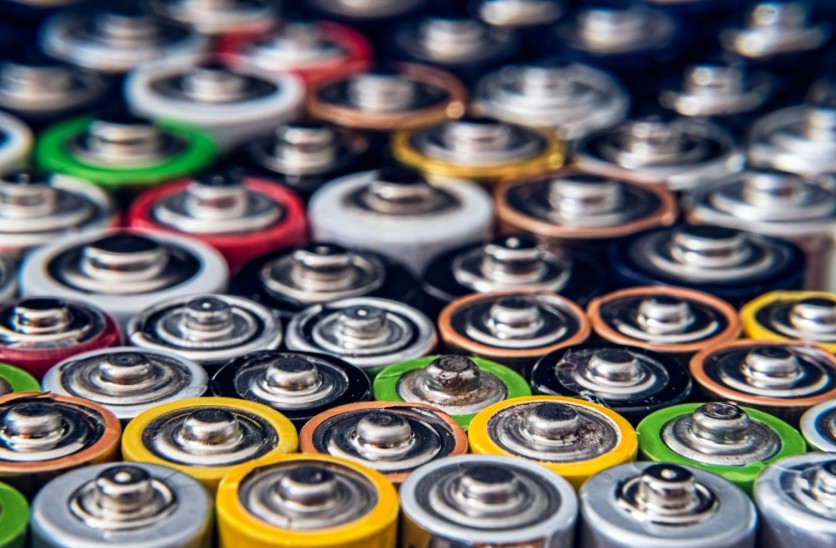Microsoft and the Pacific Northwest National Laboratory's (PNNL) latest collaboration resulted in a new interesting AI discovery.
The AI is able to unearth a novel substance that could reduce lithium use in batteries by up to 70%.
In the future, this could be a game-changer in energy storage. It could also address the concerns revolving around the environmental impact of lithium amid its growing demand.
Microsoft Uses AI to Discover New Material For Reduced Lithium Use

Utilizing cutting-edge AI and high-performance computing, Microsoft researchers employed a unique process to sift through a vast pool of 32 million potential inorganic materials.
In an unprecedented timeframe of less than a week, they narrowed down the selection to 18 promising candidates, according to Business Insider.
This accelerated screening, a task that could have spanned over two decades using traditional methods, showcases the transformative power of AI in scientific research.
Related Article: Scientists Discover a Way to Make Lithium Batteries Cheaper
From Concept to Reality in Nine Months
The newfound material, tentatively named N2116, underwent a swift development trajectory. Microsoft's AI-driven insights expedited the screening process, enabling the selection of a viable substance for further experimentation.
In less than nine months from inception, a working battery prototype powered a lightbulb, highlighting the efficiency gains achieved through advanced AI and computational technologies.
Mission to Accelerate Scientific Discovery
Jason Zander, Executive Vice President of Microsoft, expressed the company's mission to compress centuries of scientific discovery into the next few decades.
"And we think technology like this will help us do that. This is the way that this type of science I think is going to get done in the future," Zander said in a BBC report.
The integration of AI and supercomputing aligns with this vision, propelling breakthroughs in materials science and battery technology.
Lithium Challenges and Environmental Impact
Lithium, often called "white gold," plays an important role in rechargeable batteries, including lithium-ion batteries used in electric vehicles (EVs) and smartphones.
As the demand for EVs surges, concerns about a potential lithium shortage by 2025 loom large. The environmental impact of lithium mining, with its water and energy-intensive processes, adds urgency to finding sustainable alternatives.
Holy Grail of Battery Technology
Reducing lithium usage while maintaining energy storage capabilities represents a crucial goal in the lithium-ion battery industry.
Dr. Nuria Tapia-Ruiz from Imperial College London emphasizes that materials with these characteristics are considered the "holy grail" in battery technology. The role of AI and supercomputing is anticipated to grow as essential tools for predicting and discovering high-performing materials.
The AI-derived material, N2116, identified through Microsoft's advanced AI model, is a solid-state electrolyte. This material has transitioned from its raw form to a functional battery prototype, showcasing the potential for sustainable energy storage solutions.
Solid-state batteries, like N2116, are deemed safer than traditional liquid or gel-like lithium batteries.
While acknowledging the promising strides made through AI, Dr. Edward Brightman from the University of Strathclyde urges caution. Acknowledging the potential for spurious results, he emphasizes the need for scrutiny in interpreting AI-generated outcomes.
A Glimpse into AI's Unique Take
Microsoft's AI leverages a distinctive approach, using molecular data to comprehend chemistry intricacies. Trained on scientific materials, databases, and properties, this AI stands out for its reliability in scientific discovery.
The collaboration between AI insights and human expertise at PNNL exemplifies an effective synergy in advancing innovation.
Read Also : University of Tokyo Unveils Cobalt-Free Lithium-Ion Battery Boosting Energy Storage by 60%

ⓒ 2025 TECHTIMES.com All rights reserved. Do not reproduce without permission.




